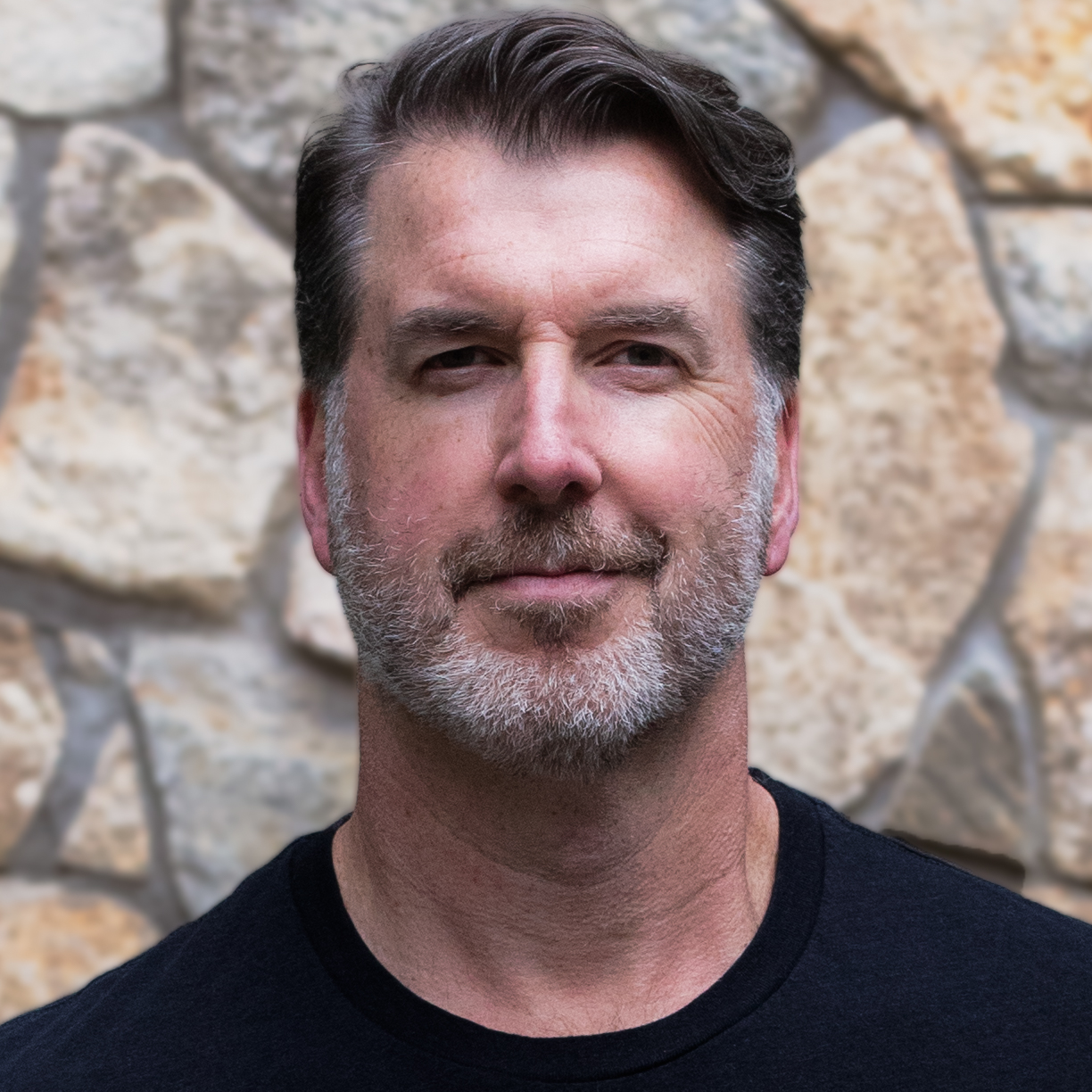The Strength of Quiet Power
There’s a unique kind of power in restraint.
 Rob
Rob
We often mistake power for volume—loud voices, bold moves, assertive declarations. But some of the most effective leaders, executives, and warriors I’ve encountered don’t fit that mold. They don’t lead with aggression or announce their capabilities to the world. Instead, they carry themselves with calm, quiet strength—and they win the long game because of it.
There’s a unique kind of power in restraint.
The best leader can dismantle an ego without ever raising their voice. They can correct, redirect, and challenge someone’s thinking while preserving their dignity. This isn’t weakness—it’s the highest form of control. It takes tremendous discipline and emotional intelligence to disarm someone without using force.
Similarly, the most thoughtful diplomat can recall every slight and betrayal—but still raise a glass in the name of peace. Not out of naivety, but out of mastery. They understand the stakes. They choose strategy over reaction, understanding that peace isn’t the absence of conflict—it’s the disciplined, deliberate choice to create harmony despite it. These individuals are not unarmed. They’re simply choosing not to reach for the sword.
Real power isn’t in domination—it’s in the ability to choose when and how to act.
Too often, we underestimate quiet people. We assume silence means inexperience, or that calm means incapable. But while the loud make their presence known, the quiet ones are thinking, observing, preparing. They sharpen their tools in silence. They don’t rush to prove themselves because they already know what they’re capable of.
And that’s a tactical advantage.
In business, leadership, negotiation—or even just navigating life—underestimation is a powerful position. When others assume you’re not a threat, you gain the element of surprise. You’re free to move strategically, to listen more than you speak, to understand the landscape without being the center of attention.
That doesn’t mean the quiet ones are passive. Far from it. It just means they’ve mastered the art of restraint.
They’ve learned that sometimes, the most commanding presence is the one that doesn’t demand attention—but earns respect through actions, consistency, and wisdom. They’ve learned that raising a hand in peace requires more strength than making a fist in anger.
This kind of leadership—quiet, thoughtful, intentional—isn’t always flashy, but it’s deeply effective. And in a world that often rewards noise, it’s a powerful reminder that still waters really do run deep.
So, if you’re someone who leads with calm instead of chaos… if you choose to listen before you speak… if you believe strength lies in preparation, not performance—know that you’re not alone.
You don’t have to be the loudest in the room to make the biggest impact.
You just need to be sharp, clear in your values, and disciplined in your actions.
True power is the wolf who doesn’t need to bare its teeth to remind you it has them.
